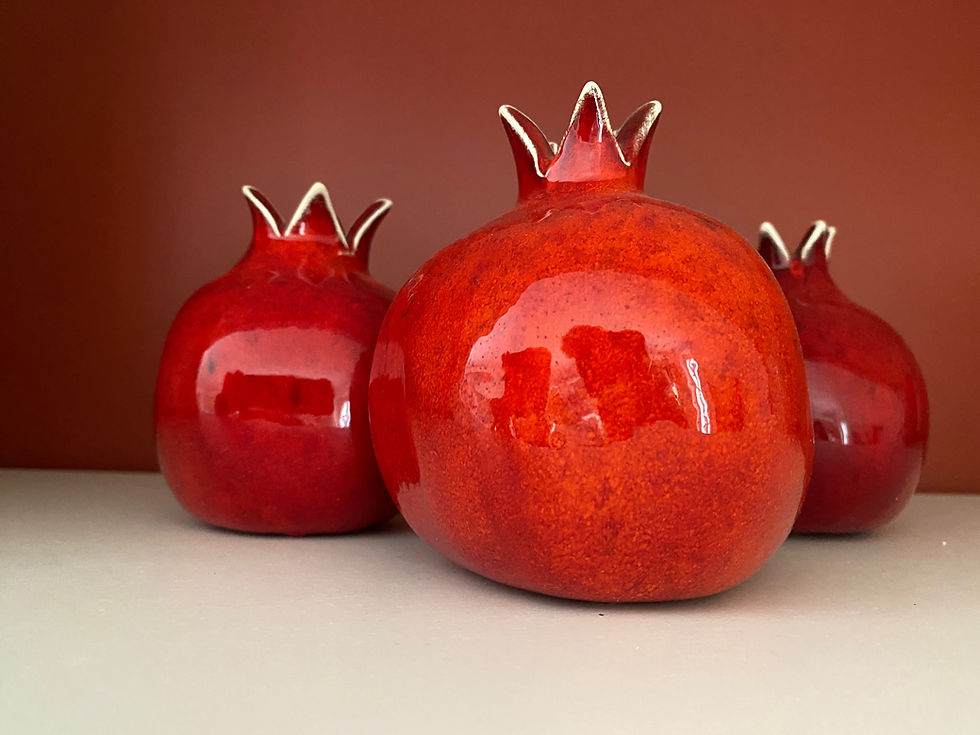Our Ancient Faith
- The Rev. CJ Coppersmith

- Jun 21, 2024
- 3 min read

Part of the family lore with which I grew up is remembering my great-great- grandfather,
Israel Putnam Whitmer, who was named for Israel Putnam, a famed New England general in the Revolutionary War. While Israel P. Whitmer was from Pennsylvania, probably through the overall intermingling of troops in the Civil War, became a captain in the Michigan 27th Infantry and served for most of that war.
I felt, for most of my life, that through his service my family had done its part as far as undoing slavery went. Now on the other side of the family, unabashed admiration for Abraham Lincoln and all he had done was the tradition. I grew up listening to Martin Luther King’s “I have a Dream” speech, and to Mahalia Jackson singing “Holy, Holy, Holy” (listen to it if you haven’t), and to Earl Grant playing “Ebb Tide” on a somewhat bubbly organ (listen to it if you haven’t). I add that my hometown had a minority population of zero.
Now this side of the family (my father’s mother’s side, to be exact) came from early ancestors from England that settled in Southeast Pennsylvania, and the wife of that first settler (family name not shared to protect patient privacy) had the maiden name of Rhodes, as in that Rhodes, as Cecil Rhodes, although he came into the world much later – but the important part is that it is nearly a certainty that anyone with that (not shared) family last name had that first Pennsylvania couple as their ancestors, and are all related, and are related, in particular, to me.
A few years back I was working as a chaplain at Boston Medical Center, which serves as a health provider to underserved communities in Boston. I was working an evening shift and reviewing the list of patients on my floors. I was startled to see that there was a patient with this Pennsylvania family name, and remembering that everyone with that name is probably related, I decided to go to that room and visit my relative. Sadly, this was during the pandemic, and upon arriving I saw this patient’s room was under infection precautions and I could not go in. The door was slightly open and I saw that the person in the room was in fact a person of color. I remembered from a detailed family genealogy that a few early relatives had settled in Texas and Kansas in the early 1800’s, and that these were slave states until well after the Civil War had ended. I also remembered that it was not uncommon for enslaved persons to be assigned their owners’ last names. I concluded in that moment that there was a very high probability that one of my distant relatives had owned one of this man’s ancestors. I suddenly didn’t feel so righteous, and was troubled to learn that my family may have been wrapped not only in the Blue but also the Grey in the Civil War.
Abraham Lincoln felt that slavery was a disease, and it was hard to learn that I had it too. Allen C. Guelzo, in his book, “Our Ancient Faith”, says that, “from this silencing realization – that all Americans had been invested in the evils of slavery, that all had suffered in the war that ended it – that Lincoln could hope for a democracy that rose above the giddiness of venom.” Lincoln confronted the question of whether this was “calling not sinners, but the righteous to repentance?”, but as Guelzo summarizes, “Lincoln countered: Had not Northerners imbrued their hands in the slave trade? Had not Northerners turned a blind eye to Southern accounts in their banks and Southern shipments in their steamers? Shall we not see that God judges every sin?”
As a friend of mine summarized our present circumstance in comparison to that which Lincoln described, slavery then was as ingrained in the entire economy and daily life of the nation as products from China are in our economy and daily life. Lincoln saw that slavery was not a disease of the South, it was a disease of the nation.
Lincoln wrote this: “Men are not flattered by being shown that there has been a difference of purpose between the Almighty and them… it is a truth which I thought needed to be told; and as whatever humiliation there was in it, falls most directly on myself, I thought others might afford for me to tell it.”
Well, Father Abraham, I feel that way too.

Blessings,
CJ+








Comments